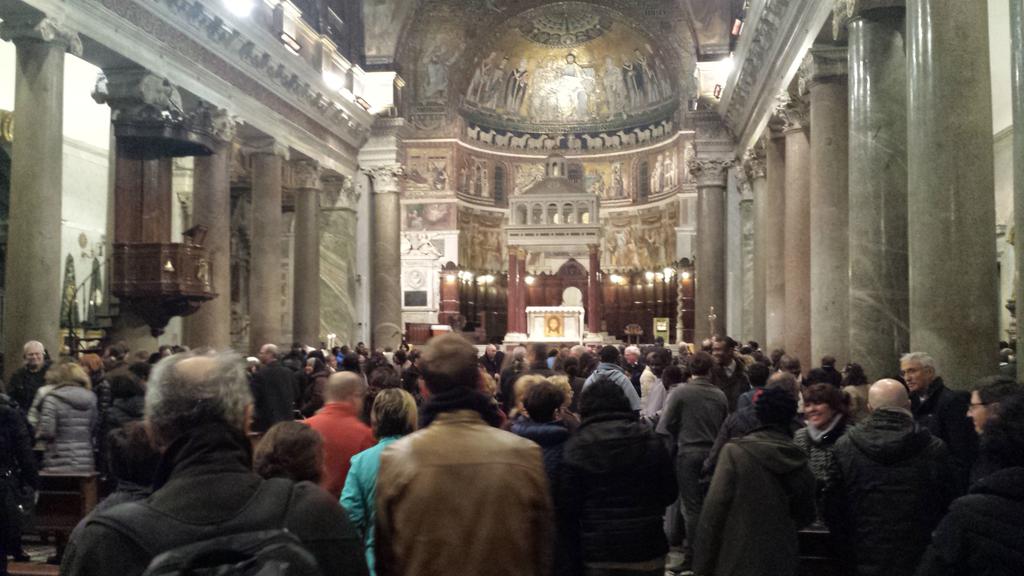At a time in which we speak of the imminent beatification of the archbishop and martyr Oscar Arnulfo Romero, we report this attestation from San Salvador, in the words of Francisco Xxx:
“El Salvador is a small country in Central America. It’s a small country which is known because of a great man, Mons. Romero. He was an archbishop whom we can now call martyr, who gave his blood to defend the poor, to seek a dialogue among brothers.
As a country we have suffered more than twelve years of civil war, a war among brothers. It was a war that all Salvadorans have experienced, in all corners of the country. Mons. Romero fought to stop all this, to seek dialogue between the two factions, the guerrillas and the state.
It was only in 1992, many years after his murder - too many - that we received the great gift of peace. In 1992 an agreement was signed between the guerrillas and the state, which was supposed to bring about peace. However, too much violence had been sowed and the agreement only remained printed paper. That was because the war have unfortunately left behind devastating poverty and most especially a thirst for vengeance, a thirst for revenge among brothers. For more than twelve years the country was filled with weapons, filled with hatred, filled with vengeance. War begets poverty and more war.
Today we can say there is a new war going on in El Salvador, which is the product of a legacy of poverty and hatred. There is endemic violence, still violence among brothers. It is a violence among younger brothers because we are now talking about a war being fought by youth. These young people are from the same land, the same place, and they fight over territory. These are mafia-like gangs, the pandillas, the maras, made up of young people.
But there is something, there is someone who wants to fight against this violence, just as Mons. Romero had fought against the war: the Community of Sant’Egidio arrived among us and brought us the Schools of Peace.
The Community understood that it was not enough to sign an agreement but that it was especially necessary to change people’s hearts and thoughts. We needed to change the feelings of hatred and vengeance that the war had left us. With the Schools of Peace we have started to change the attitude of many children and many young people.
We started in a neighborhood in the periphery of San Salvador which is called Bambular, in 1986. I can now say that there are no criminal gangs in that place. Why? Because, as Pope Francis said on January 1st, we were patient, we sowed the seed with the Schools of Peace, we held on to a vision of the future and we fought with confidence.
In this fight, in 2009, I lost a great friend of mine, a friend who fought with his bare hands to bring about peace. He devoted himself to the fight so that children would have a different future, so that my country, his country, would have a different future.
It is for this reason that they killed him, just as they had killed Romero, because he sought dialogue, because he tried to change the attitude of many. He was a 21 year-old young man, from one of the most violent towns of El Salvador, Apopa. I too am from there, from this dangerous place where hatred, violence and revenge are the daily bread.
In a country as small as this, with 6 million inhabitants, there are days in which 15/20 people are killed, mostly young people. William was one of the many young victims, but William died for a great dream, the dream of peace.
I am grateful to him for his testimony, because at first I thought: it is very easy to believe that you cannot do anything about it when you live in a situation such as this one, that you cannot change, that it is best to think of yourself, that it would be better to leave the country. First, save your own life!
But with the Community and these great examples of martyrdom that I have witnessed, I have understood that you can think differently, that you can dream of a future, that it is worth it to fight for dialogue, to change hearts, to change the attitude, to defeat hatred and revenge.”




